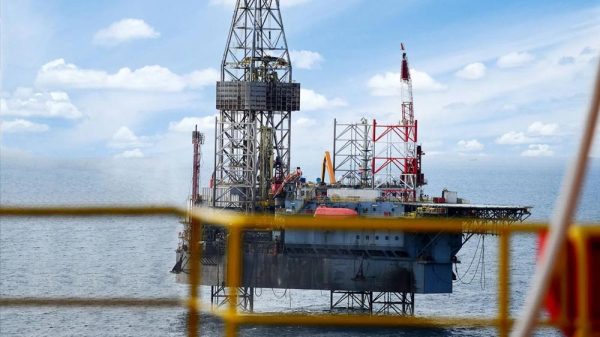The Gulf Cooperation Council (GCC), comprised of six Arab nations – Saudi Arabia, the United Arab Emirates, Kuwait, Qatar, Bahrain, and Oman – has established itself as a key player in the global economy. As the region looks to the future, it faces a unique set of opportunities and challenges. In this article, we will explore the economic outlook for the GCC and highlight potential areas of growth and development.
Diversification and Economic Transformation
Traditionally reliant on oil and gas revenues, the GCC countries are actively pursuing economic diversification strategies. They aim to reduce dependence on hydrocarbon exports and foster the growth of non-oil sectors, such as tourism, finance, logistics, and technology. By investing in innovation, education, and infrastructure, the GCC nations seek to build knowledge-based economies and create sustainable job opportunities for their growing populations.
Privatization and Foreign Investment
The GCC countries are actively promoting privatization initiatives and attracting foreign direct investment (FDI). Privatization efforts aim to improve the efficiency and competitiveness of state-owned enterprises, while FDI inflows contribute to economic growth and knowledge transfer. The GCC’s business-friendly environment, strategic location, and infrastructure development make it an attractive investment destination, particularly in sectors such as real estate, renewable energy, and tourism.
Regional Integration and Trade
The GCC is committed to deepening regional integration through initiatives like the Gulf Common Market and the Gulf Customs Union. These efforts aim to enhance trade flows, reduce barriers, and create a more seamless business environment within the region. Additionally, the GCC countries are actively engaged in global trade, forging economic partnerships with countries around the world.
Digital Transformation and Innovation
The GCC countries recognize the importance of embracing digital transformation and fostering innovation. The region has witnessed significant investments in digital infrastructure, smart cities, and emerging technologies like artificial intelligence, blockchain, and Internet of Things (IoT). By leveraging technology, the GCC aims to enhance productivity, improve public services, and create a conducive environment for startups and entrepreneurship.
Sustainability and Renewable Energy
The GCC countries are placing growing importance on sustainability and renewable energy sources. With abundant solar resources, investments in renewable energy have gained momentum, contributing to the region’s economic diversification efforts. Initiatives like Saudi Arabia’s Vision 2030 and the UAE’s Energy Strategy 2050 aim to reduce carbon emissions, increase renewable energy capacity, and promote sustainable practices. The transition to clean energy presents opportunities for job creation, technology transfer, and positioning the region as a global leader in the renewable energy sector.
Conclusion
The future of the GCC’s economy is promising, driven by economic diversification, regional integration, innovation, and sustainability. By reducing dependence on oil and gas, fostering private sector growth, attracting foreign investment, and embracing digital transformation, the GCC countries are well-positioned to navigate the changing global economic landscape. However, challenges such as geopolitical tensions, demographic shifts, and the need for continued reforms remain. With a focus on collaboration, innovation, and sustainable development, the GCC can seize the opportunities ahead and shape a prosperous economic future for the region.











